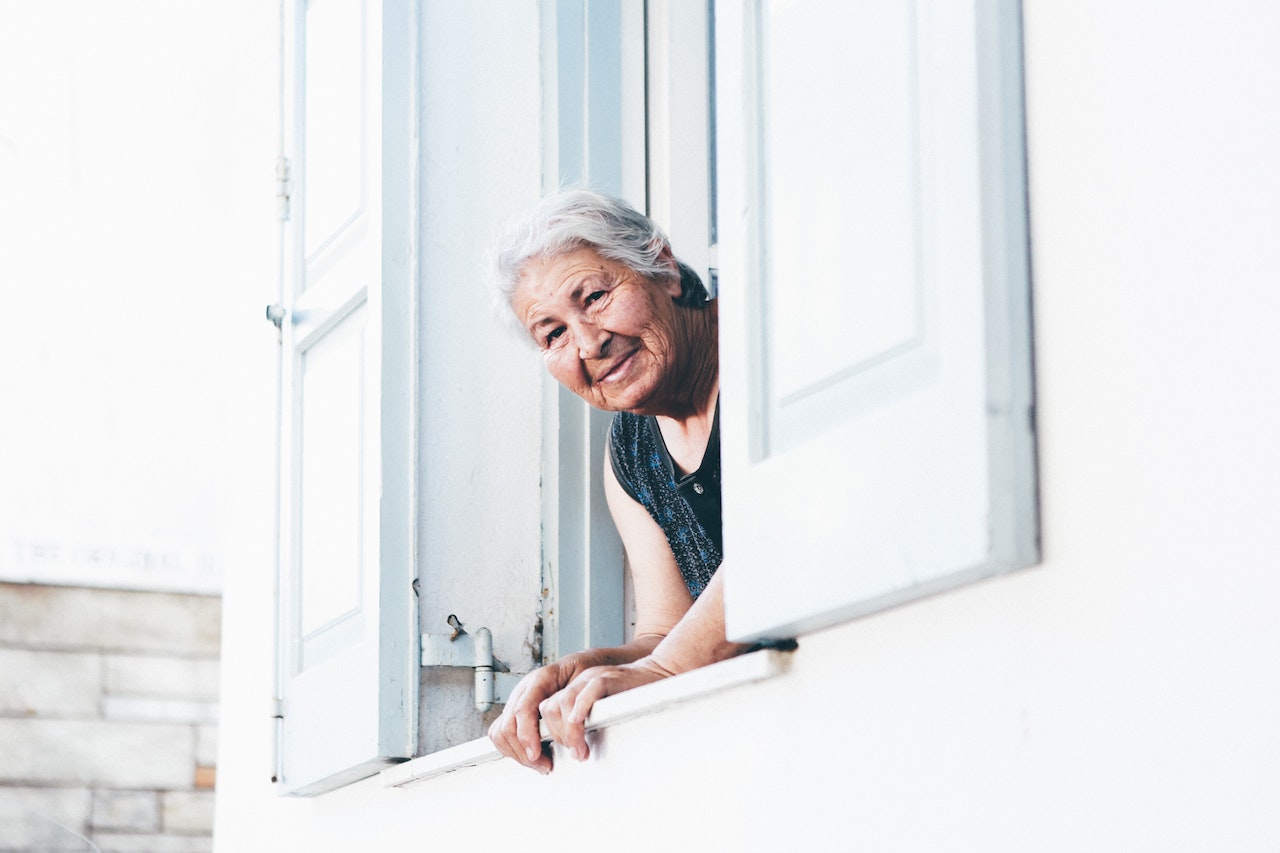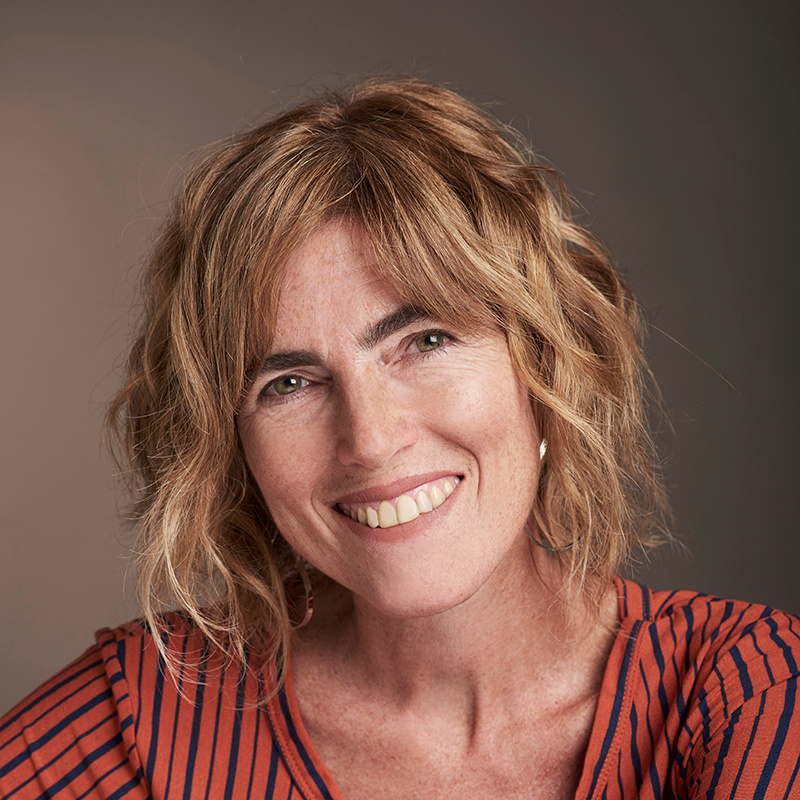Let us not give up without a fight the measure of fire we have left, the tenuous sense of tribe.
The streets in my city feel different today. Not because they are empty and silent. Not on account of the endless queues of people standing outside grocery stores, keeping their distance; nor for the sea of masks that make the most mundane landscapes look like war hospitals.

What feels different today is what happens between us. Or, rather, what doesn’t. Whether between neighbors, acquaintances, or passers-by, interactions today are quick, elusive, fearful, as if the mere act of exchanging glances could plunge us all into grave danger. What science fiction author could have come up with a more terrifying scenario? The enemy did not descend on a spaceship or arrive from the future: The enemy is us — all of us. Or, to be exact, the enemy is the other.
Social interactions in cities already felt limited before this pandemic. We seemed to greet only those we knew: the grocer, the cashier, the waiter who tends our table — the most recognizable supporting characters in our daily lives. But there was always the possibility of chance encounters: letting the mother with the baby get ahead in line and making googly eyes at the infant, stopping to chat about the weather with the retired neighbor, waving at that lady who lives alone in the corner and never forgets to ask about the kids.
These days we connect mostly through our screens. It is a blessing to have them. They grant us the opportunity to sit with our loved ones near and far. But the circle of togetherness they draw is limited: No one enters who is not invited.
When we go out into the street, there is seemingly no trace of the simple joy of meeting strangers in our common spaces and sharing some brief gesture of belonging. “We have so little of each other, now,” says Danusha Lameris in the poem “Small Kindnesses,” written pre-pandemic. “So far from tribe and fire.”
Tomorrow, when I come across you on the street on my way to the grocery store, I will seek out your gaze.

Let us not give up without a fight the measure of fire we have left, the tenuous sense of tribe. Let us not allow this indiscriminate brand of fear to turn us against each other, in a manner more insidious than the virus, and to spread loneliness, anonymity, and alienation amongst us.
The danger of the hour will come to an end. But who will we be, when that happens, if on the way we allowed ourselves to lose the gift of meeting each others’ gaze, sheltering each other with our smiles, declaring our infinite and vital kinship as we pass each other by? What will sustain us, then?
Tomorrow, when I come across you on the street on my way to the grocery store, I will seek out your gaze. I will smile under my mask, but also above it, because a true smile is one that crinkles the eyes, tempers the heart, and unfurls the soul. I hope you’ll meet me there.

Fabiana Fondevila is a writer and teacher from Buenos Aires, Argentina. Her latest book, “Where Wonder Lives. Practices for Cultivating the Sacred in Your Daily Life” is scheduled for release in January 2021. Fabiana teaches online workshops and seminars on living a life of awe and radical aliveness. You can learn more about her offerings at FabianaFondevila.com. She is also a founding member of Vivir Agradecidos, the Argentine branch of Gratefulness.org.
